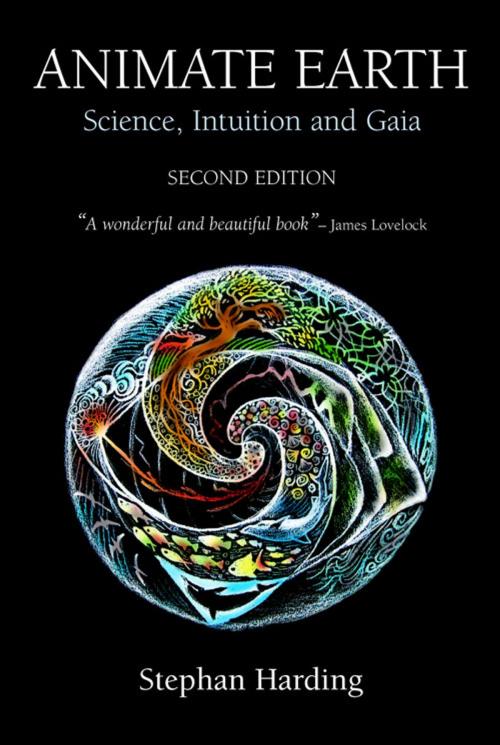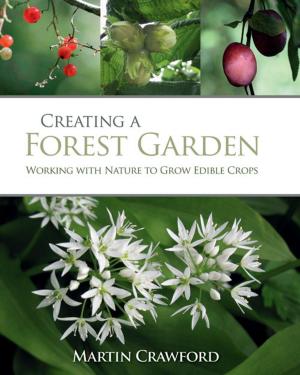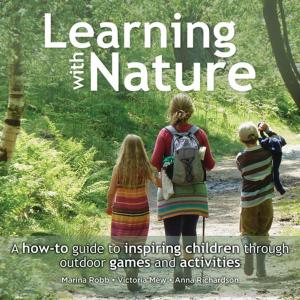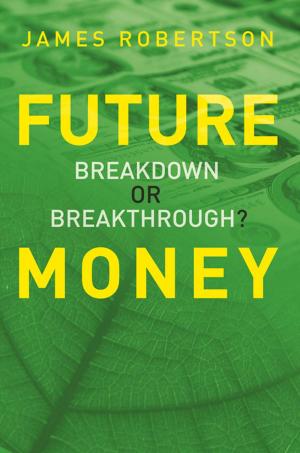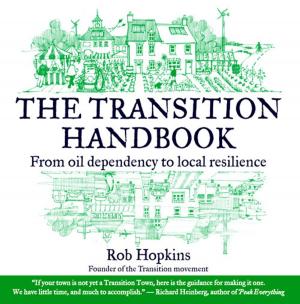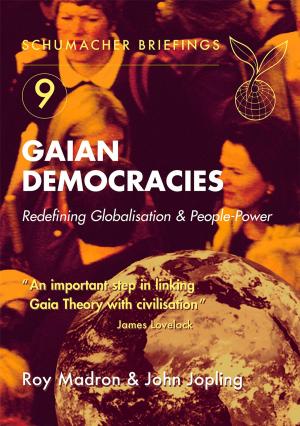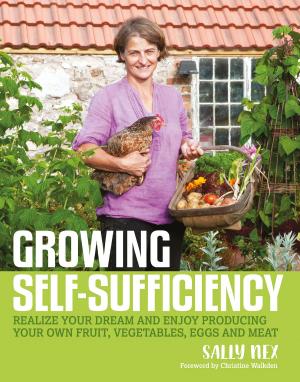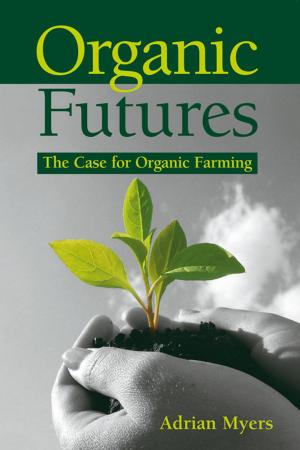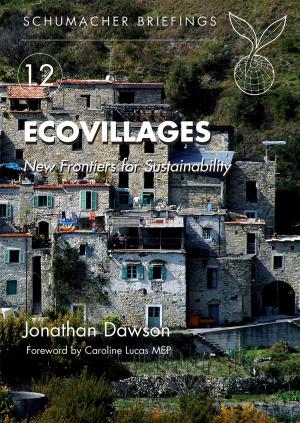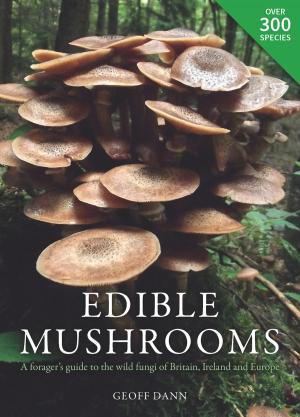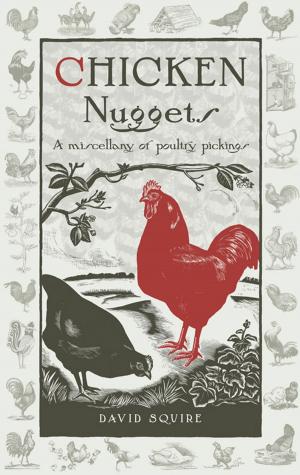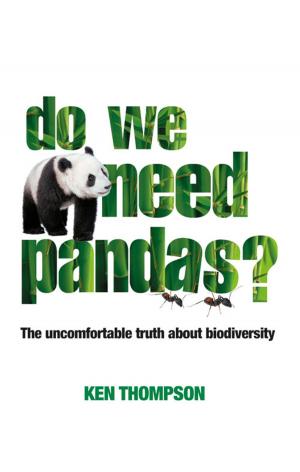Animate Earth
Science, Intuition and Gaia
Nonfiction, Religion & Spirituality, Philosophy, Mind & Body| Author: | Stephan Harding | ISBN: | 9781907448256 |
| Publisher: | UIT Cambridge Ltd. | Publication: | March 1, 2009 |
| Imprint: | Green Books | Language: | English |
| Author: | Stephan Harding |
| ISBN: | 9781907448256 |
| Publisher: | UIT Cambridge Ltd. |
| Publication: | March 1, 2009 |
| Imprint: | Green Books |
| Language: | English |
In Animate Earth, Stephan Harding explores how Gaian science can help us develop a sense of connectedness with the "more-than-human" world. His work is based on careful integration of rational scientific analysis with our intuition, sensing, and feeling—a vitally important task at this time of severe ecological and climate crisis. Harding replaces the cold, objectifying language of science with a way of speaking of our planet as a sentient, living being rather than as a dead, inert mechanism. For example, chemical reactions are described using metaphors from human life, such as marriage, attraction, repulsion, etc., so as to bring personality back into the world of rocks, atmosphere, water, and living things. In this sense, the book is a contemporary attempt to rediscover anima mundi (the soul of the world) through Gaian science, while assuming no prior knowledge of science. Animate Earth argues that we need to establish a right relationship with the planet as a living entity in which we are indissolubly embedded—and to which we are all accountable. The book inspires the reader to connect with a profound sense of the intrinsic value of the Earth, and to discover what it means to live as harmoniously as possible within a sentient creature of planetary proportions. This expanded second edition includes a new chapter on fungi, new contemplative exercises, and an update on the global climate situation.
In Animate Earth, Stephan Harding explores how Gaian science can help us develop a sense of connectedness with the "more-than-human" world. His work is based on careful integration of rational scientific analysis with our intuition, sensing, and feeling—a vitally important task at this time of severe ecological and climate crisis. Harding replaces the cold, objectifying language of science with a way of speaking of our planet as a sentient, living being rather than as a dead, inert mechanism. For example, chemical reactions are described using metaphors from human life, such as marriage, attraction, repulsion, etc., so as to bring personality back into the world of rocks, atmosphere, water, and living things. In this sense, the book is a contemporary attempt to rediscover anima mundi (the soul of the world) through Gaian science, while assuming no prior knowledge of science. Animate Earth argues that we need to establish a right relationship with the planet as a living entity in which we are indissolubly embedded—and to which we are all accountable. The book inspires the reader to connect with a profound sense of the intrinsic value of the Earth, and to discover what it means to live as harmoniously as possible within a sentient creature of planetary proportions. This expanded second edition includes a new chapter on fungi, new contemplative exercises, and an update on the global climate situation.
